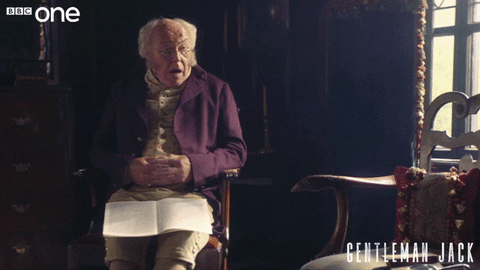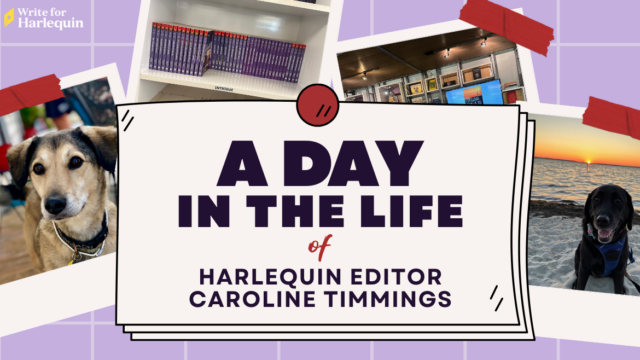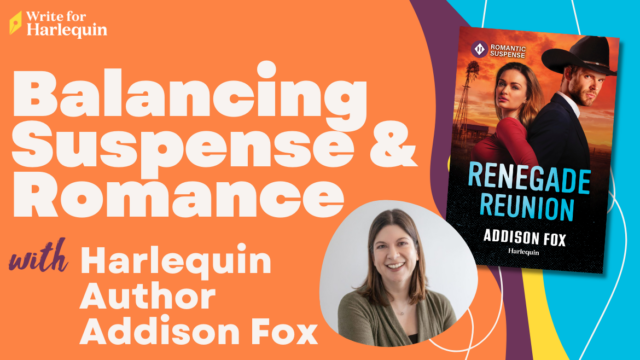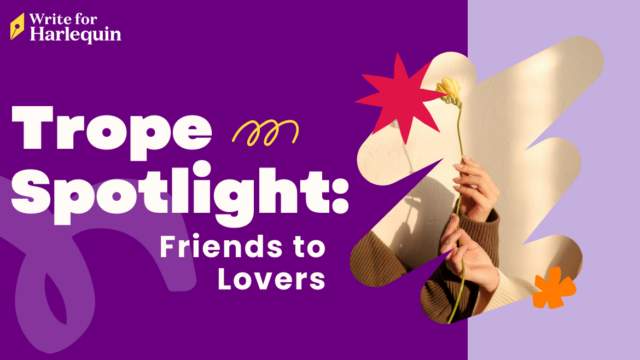by Evan Yeong
Journalist, author and human rights activist Sally Armstrong is on record as confirming that there has “never been a better time to be a woman.” The implication being, of course, that any time before right now things were worse for the female population (and progressively more so, the further back you go). That’s an idea that was at the forefront of my mind when I first found out we were doing a Historical Month for SYTYCW.
To backtrack a bit, not only is Historical Romance not a genre I have a lot of experience with, I’m, let’s be real with one another, not the target audience. Romance author Maya Rodale conducted an extensive survey of romance readers way back in 2014 (how time flies!) that revealed what we all already knew: of her 815 respondents, 98% were female. I also found out that not only was Historical the most preferred subgenre, but most cited their number one reason for reading romance as being entertainment, with escape and relaxation tying for close second.

The fourth place reason strongly reaffirms the concept of escapism, with the lengthy option that “There are enough sad stories in the world and it’s nice to read happy ones.” Many of us turn to art to forget about our current lives and run off to another place (or time) to fully immerse ourselves in someone else’s love story. And that is what I want to tie back to Armstrong’s point about the present day.
If the purpose of Historical Romance is to escape the troubles of our modern lives, how does that mesh with its heroines existing in a society that, to some degree or another, doesn’t respect them? This was highlighted when I began reading about the various subcategories and learning that (thanks, Wikipedia) in Medieval Historical Romance “the heroine, despite her independent spirit, is usually still in a subordinate position.” That carries on to Regency England, in which many Historicals are set, an era which tends to spotlight (emphasis mine) the “heroine’s eccentricities, such as wanting to marry for love.”
It wasn’t until a little later when I realized that I was thinking about all of this the wrong way.

During my college years my friends and I would often walk in the woods and shoot the breeze (it was a small town), and an age-old question would pop up again and again: If you could time travel anywhere, where and when would you go?
My answer, was always, without fail: “To a time and place where a) I can speak the language and b) people wouldn’t be racist towards me.” Thankfully, this is not the approach taken by Harlequin Historical editorial.

The very best Historical Romances don’t gloss over the injustices of the period they take place in, but just as importantly star heroes and heroines who strive to be, and are, better than their time. Take my favourite Historical (and overall favourite series book), The Scandalous Suffragette by Eliza Redgold. As the title might suggest, it takes place during a momentous era in which women were fighting for their right to vote. Recalling the deeply compelling conflict between Violet, a fledgling suffragette herself, and Adam, who wrestles with the desire to both support his wife and protect her, made me realize that I was viewing the original question from the perspective of whatever was easiest for me, and not what opportunities it presented. A different way of viewing the question would be: If you could time travel anywhere, where and when would you make the biggest difference?
Regardless of when it takes place, whether the Middle Ages, or the Renaissance, or the Colonial United States, Harlequin Historical focuses on witty, bold, intelligent, strong, talented, capable, audacious women who live in a society that seeks to stifle them, and succeed regardless! Again, the shortcomings of, say, Elizabethan England are on full display, but they also help emphasize the heroine’s attributes and her refusal to meet the expectations placed on her.
The fact should also be stated that women like this did exist, and that they aren’t just fantasies meant to merely prop up electrifying romances with to-die-for costuming and a touch more gentility. While there may not have been an excess of brazen heroines throughout the centuries, they’ve always been there, and I guarantee that if you pick up a Harlequin Historical you’ll find one.




